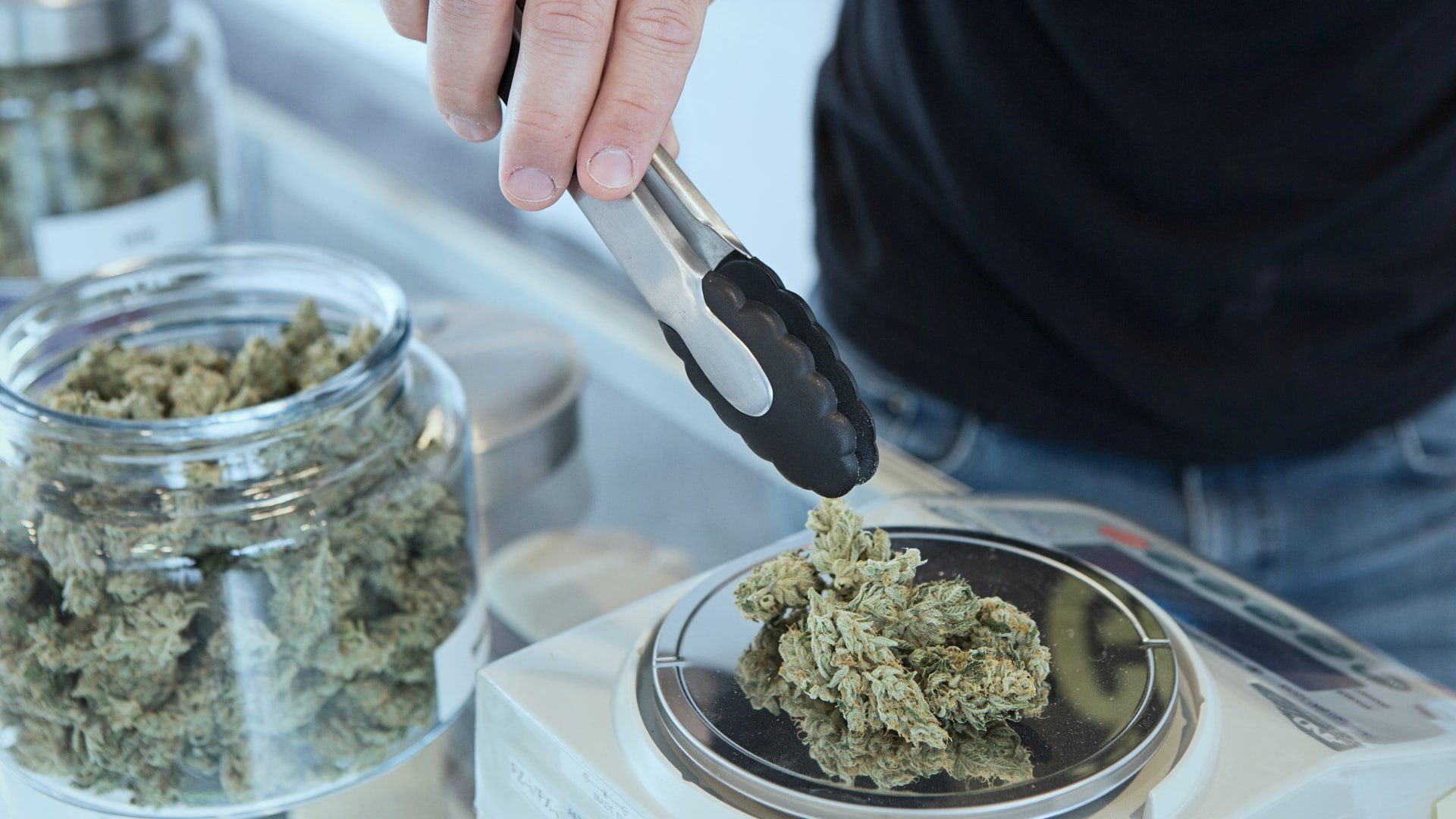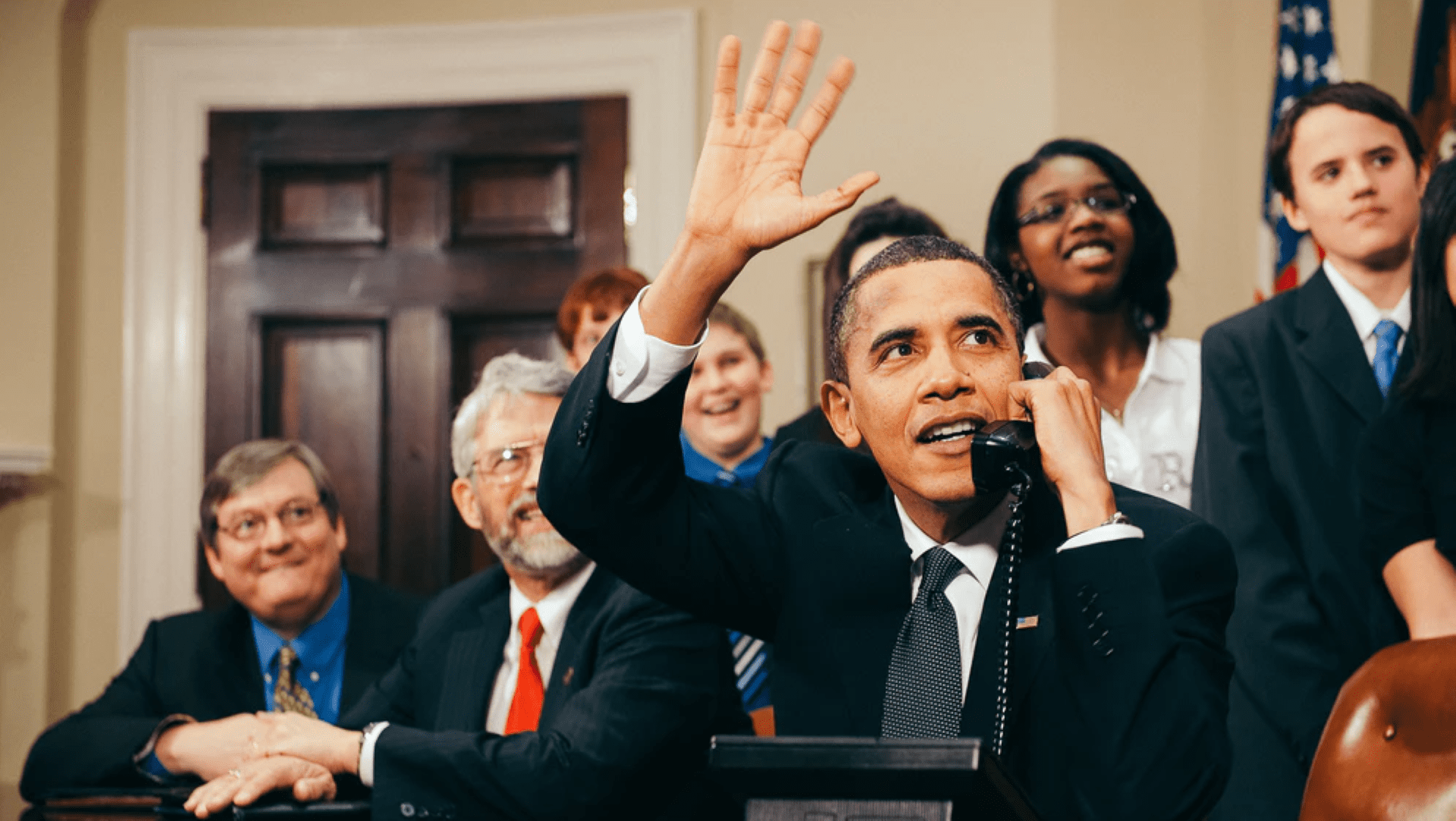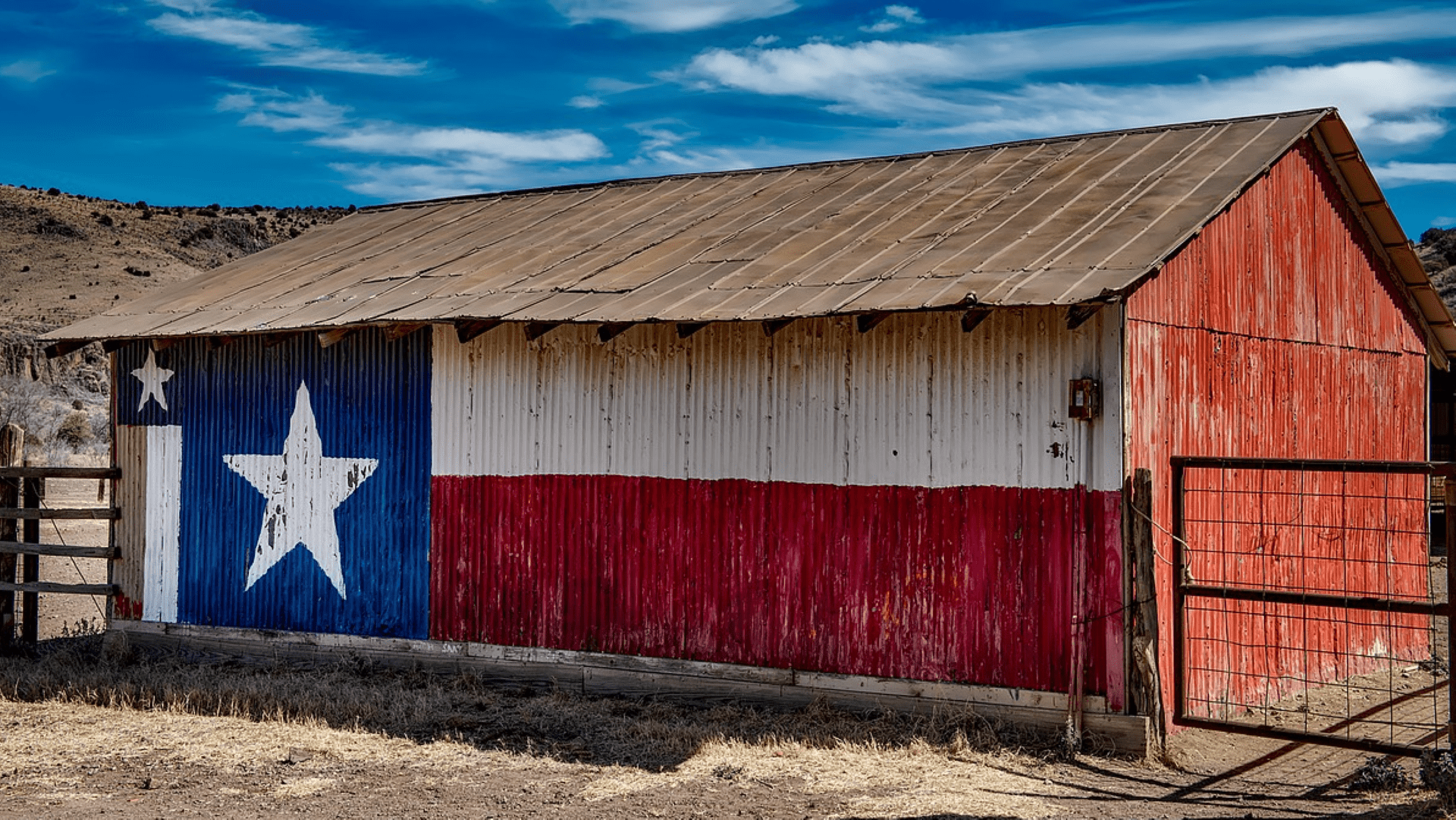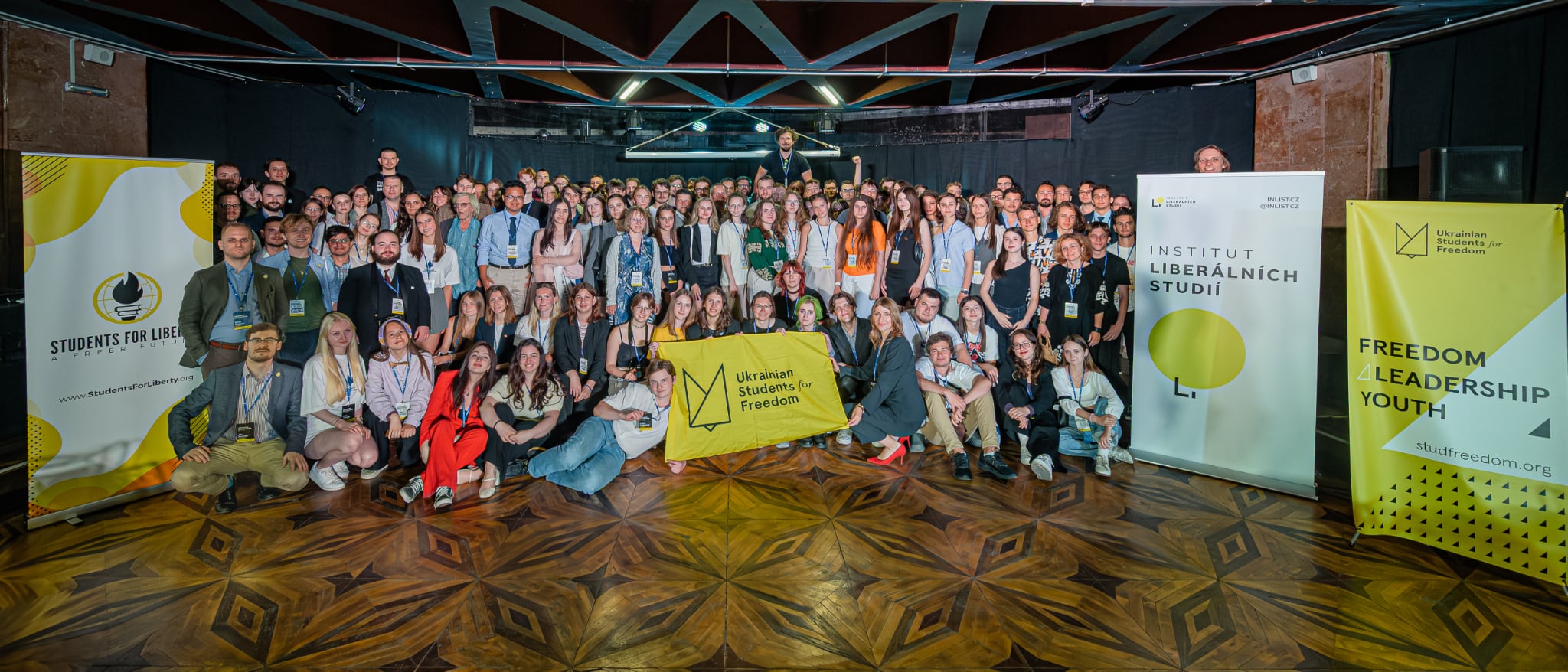By Nikki Burgess
Before the University of Arizona fired Dr. Sue Sisley, she held three part-time positions and had been working with war veterans for fifteen years. She was also planning the first and only randomized, triple-blind study of how marijuana consumption affects post-traumatic stress disorder (PTSD) symptoms.
She spent years gaining critical approval for the study from several government bodies and her school’s Institutional Review Board, plus crucial funding from the Multidisciplinary Association for Psychedelic Studies (MAPS).
In order to get that far, Dr. Sisley overcame many unnecessary barriers. The first was finding a legal source for whole plant marijuana. Marijuana is the only Schedule I drug which requires approval for scientific studies from the National Institute on Drug Abuse (NIDA), the only agency authorized to dispense marijuana to researchers.
Even though Colorado growers can supply higher quality marijuana many months in advance, researchers remain at the mercy of NIDA because other growers don’t operate under DEA license. In the past, this has prevented important studies from being conducted on the health benefits and vapor contents of marijuana.
Luckily, Dr. Sisley gained NIDA’s approval. However, her study was again stymied when Senator Kimberly Yee blocked legislation that would grant funding from the Arizona Department of Health Services. This led to a short-lived recall effort.
Although Dr. Sisley never participated, it nonetheless created political tension, especially after the University of Arizona’s logo appeared on recall fliers without permission. Dr. Sisley believes that the resulting controversy surrounding her and her study reveal the unspoken reasons for her being fired.
Government blocks important scientific research
There should be nothing controversial about scientifically investigating the potential benefits of a plant. Individuals should not have to obtain the government’s permission to grow, consume, or study naturally occurring flora. Government regulations and roadblocks like these hinder good science and prevent medical advancements simply because certain plants or chemicals carry negative stigmas.
Such laws are part of a larger, uglier picture: the War on Drugs. As a result of this war, veterans who committed the ultimate sacrifice to protect our freedoms are being locked up for their choice of medication.
Hundreds of thousands of war veterans return with PTSD or other serious illnesses and injuries. Approximately 30% of those treated by the Department of Veterans Affairs (VA) report symptoms of PTSD alone. However, instead of receiving treatment, veterans are arrested and imprisoned by the thousands.
Suffering from a mental health condition actually increases risk of incarceration, while said incarceration disqualifies veterans from any VA care to heal physical and psychological combat wounds. According to the Bureau of Justice Statistics, veterans receive longer average sentences than non-veterans convicted of the exact same crime.
A staggering number of these arrests are for nonviolent drug law violations. At one point, 46% of federally imprisoned veterans were convicted on drug charges.
Government pushes inferior medication on suffering veterans
It is unsurprising that so many veterans self-medicate after returning from war. Clinicians recognize self-medication as a symptom of PTSD, and, without treatment, veterans are vulnerable to addiction and drug-related deaths. However, doctors continue to freely prescribe opioid pain pills despite the high potential for abuse and overdose.
Veterans prescribed opioids are more likely to receive higher doses, concurrent prescriptions, and early refills, even though opioid use is associated with increased risk of adverse clinical outcomes. As a result, veterans die from prescription drug overdose at nearly twice the national average.
By contrast, marijuana possesses little addictive potential, cannot lead to overdose, and treats symptoms more effectively than many legal drugs. Studies show that medical marijuana patients increasingly substitute marijuana for pain pills because it offers them fewer “adverse side effects” and “better symptom management.”
Conventional PTSD treatments, on the other hand, often fail to offer relief. One such drug, Risperdal, treats PTSD no more effectively than a placebo, while benzodiazepine causes users to simply feel no emotions at all.
Marijuana may be much more effective at combating PTSD
Scientists have potentially discovered why marijuana treats PTSD symptoms so effectively. A highly respected Israeli neuroscientist suggests that the brain’s cannabinoid system relates integrally to the process of removing associations from stimuli. Known as memory extinction, this process occurs naturally over time in most animals.
For example, animals administered an electric shock following a specific noise will gradually disassociate the noise from the shock. However, mice without cannabinoid systems never forget. Because PTSD patients respond inappropriately to stimuli that remind them of an initial trauma, marijuana may weaken the association between the stimuli and the trauma by activating the cannabinoid system.
It is time to stop locking up veterans for treating their war-related injuries and illnesses with marijuana. If they are responsible enough to defend our country in war, they are responsible enough to decide what to put in their own bodies. Stop victimizing our veterans. End the War on Drugs.
To read more about the Drug War, be sure to check out our cluster page by clicking on the button below.
This piece solely expresses the opinion of the author and not necessarily the organization as a whole. Students For Liberty is committed to facilitating a broad dialogue for liberty, representing a variety of opinions.









